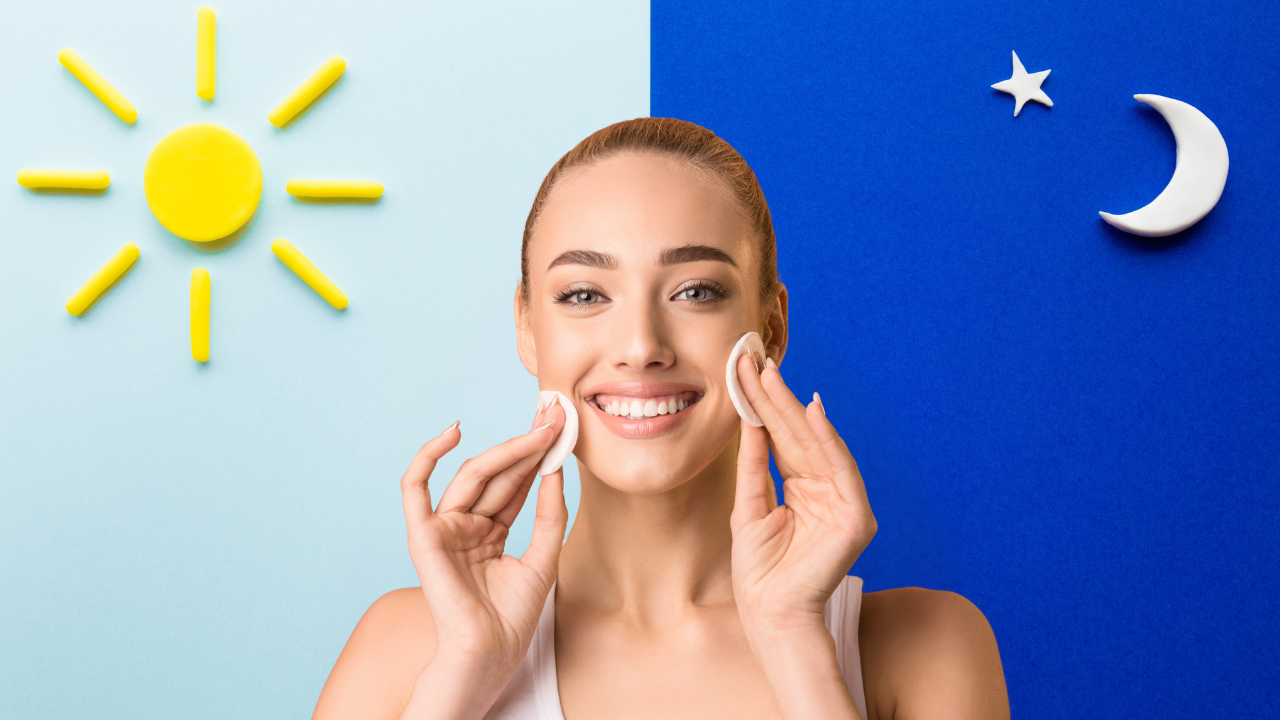Dermatologist Reveals Why Using The Same Skincare Day And Night Could Be Ruining Your Skin

Credits: Health and me
SummaryUsing the same skincare products day and night may harm your skin, dermatologists warn. Morning routines should focus on protection, while nighttime routines support repair. Personalizing products to your skin’s natural rhythm maximizes results and prevents irritation, premature aging, and reduced effectiveness of active ingredients.
End of Article
